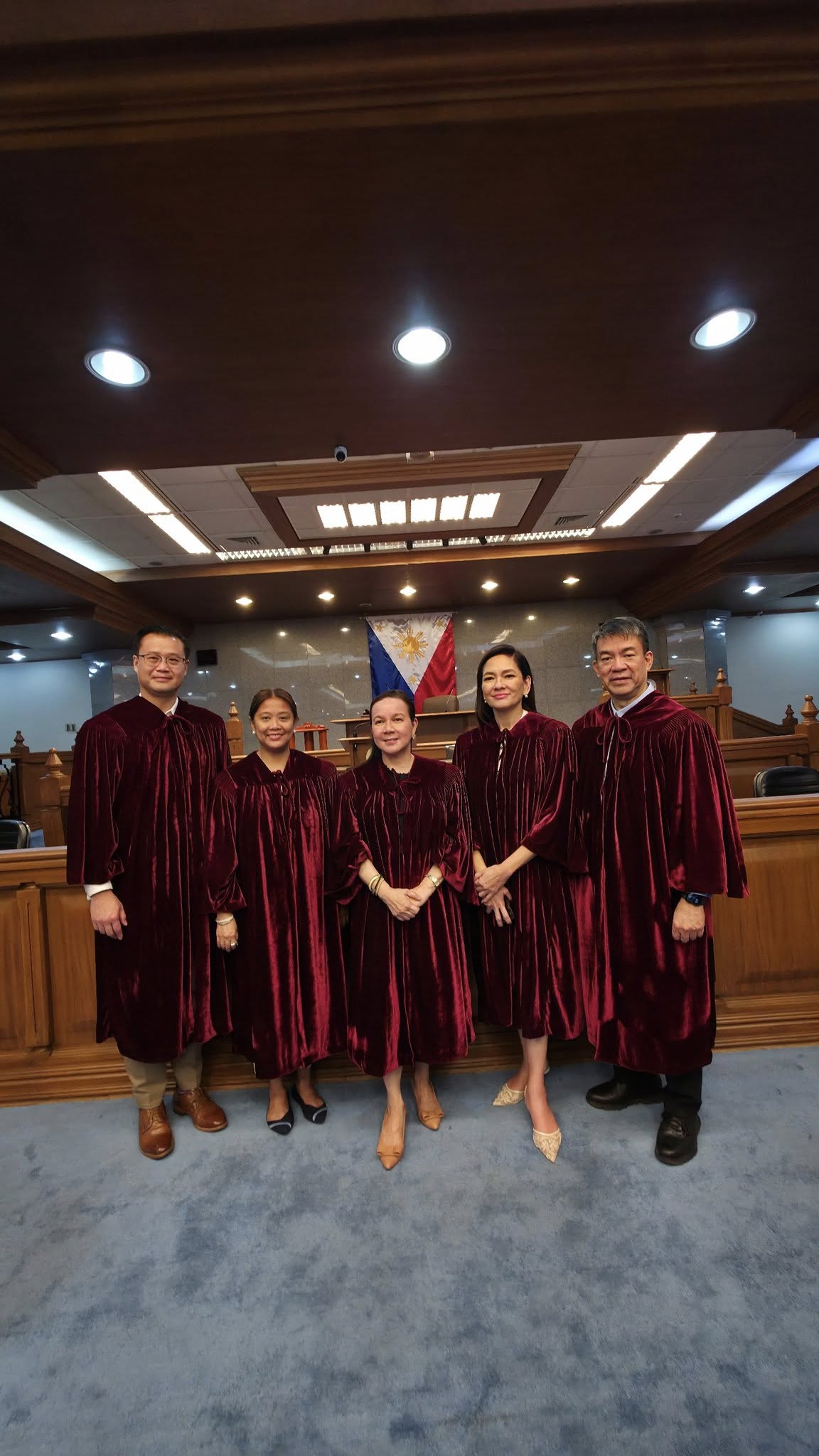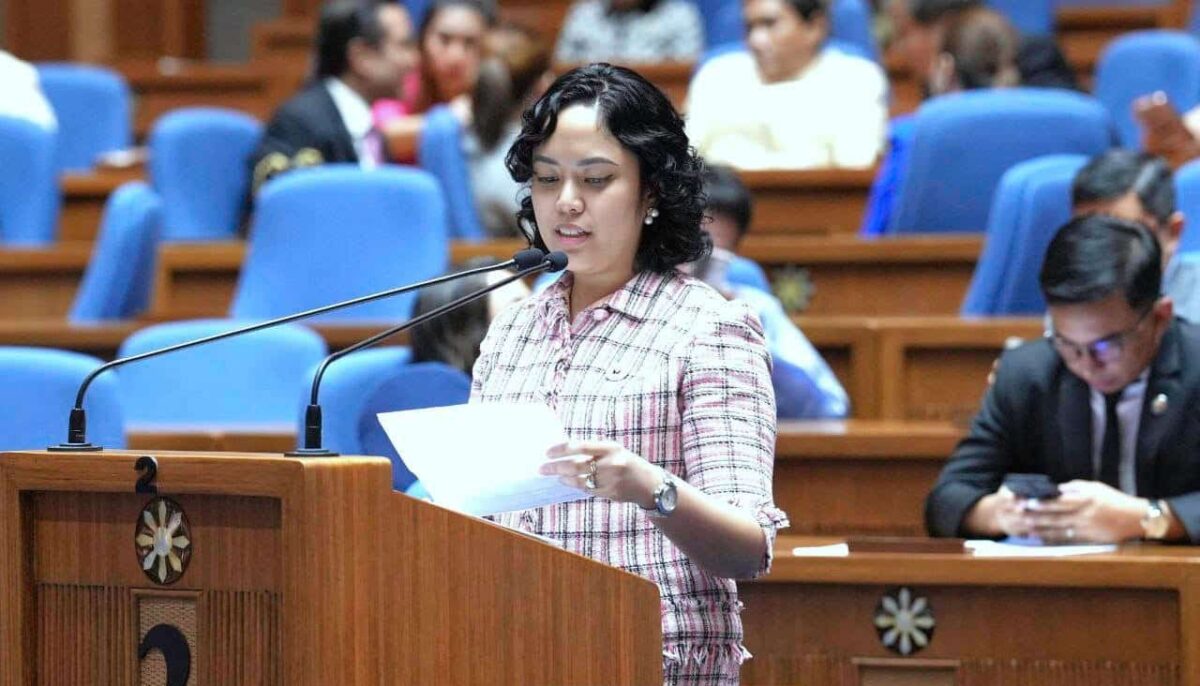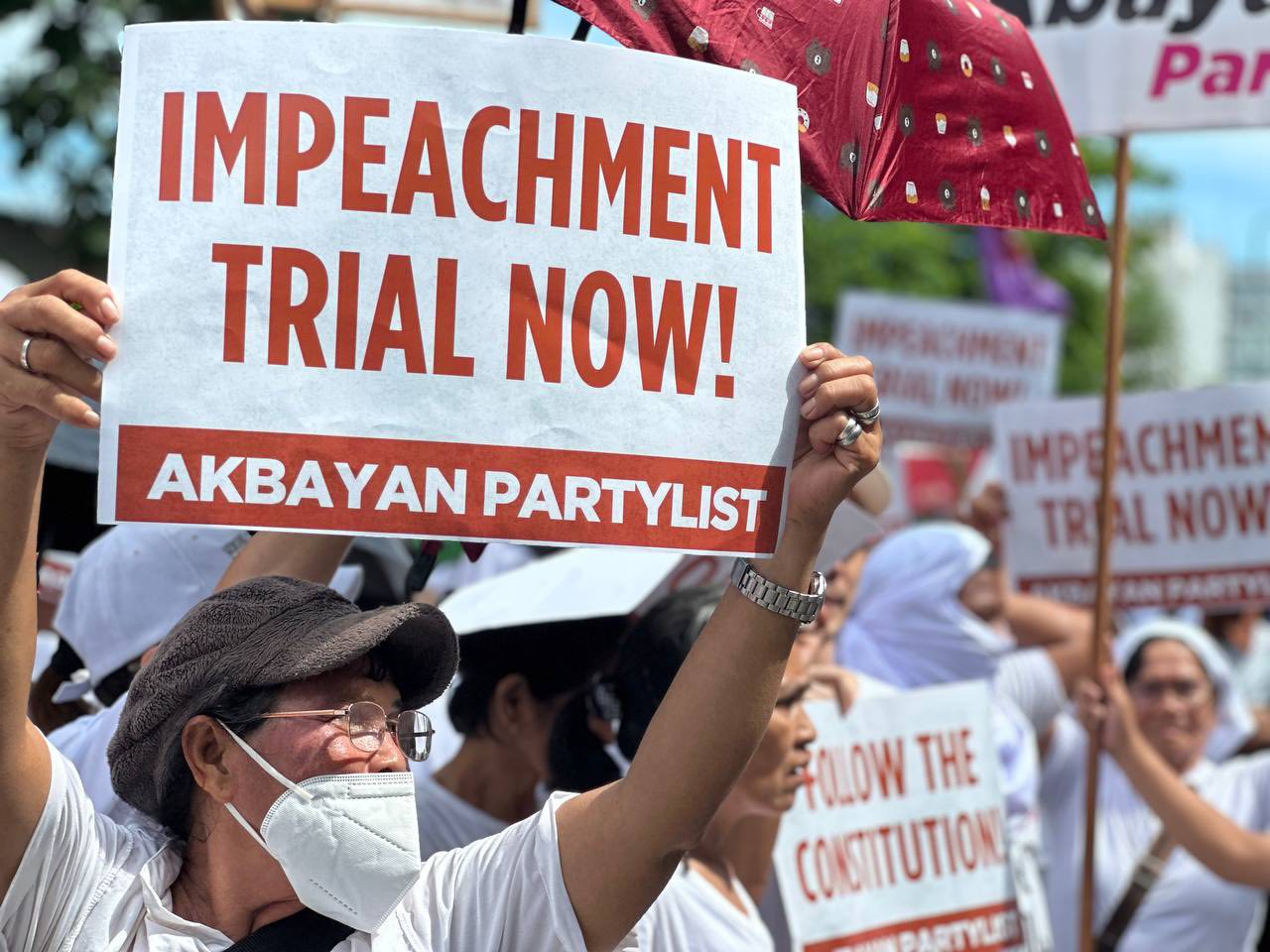Manila, Philippines — The Senate, sitting as an impeachment court, has returned the Articles of Impeachment against Vice President Sara Duterte to the House of Representatives, citing procedural concerns that have now triggered a political and legal standoff between the two chambers of Congress.

On Monday, June 10, the Senate voted 18-5 to remand the impeachment articles, with Senate President Francis “Chiz” Escudero insisting that the House must formally submit a certified pleading to confirm that the complaint does not violate the Constitution’s “once-per-year” impeachment rule and to clarify that the 20th Congress indeed intends to pursue the case.

Escudero clarified that the Senate has not dismissed the complaint but is seeking compliance with legal formalities before moving forward.
“We await a proper pleading. We cannot act on press releases or interviews,” Escudero said. “Only the Supreme Court can resolve whether the Senate’s decision to remand the case is constitutional.”
The move has prompted strong reactions from the House. Speaker Martin Romualdez called the Senate’s action “deeply concerning,” adding that the return of the articles risks undermining the constitutional process.

House Prosecutor Ysabel Maria Zamora said the House had already determined that the impeachment complies with constitutional requirements, although she admitted that the formal certification had not yet been transmitted to the Senate.
“The remand is not grounded in the Constitution,” Zamora argued, urging the Senate to proceed without imposing additional preconditions.
Legal experts remain divided. Constitutional law professor Israelito Torreon has petitioned the Supreme Court to rule on whether the Senate acted within its authority in returning the documents. Torreon argues that the Senate’s role as an impeachment court begins only after receiving the articles, and therefore it has no power to remand them.
Political analysts and legal experts outline four possible outcomes from this unprecedented scenario:
House complies by sending the necessary certification and affirming intent to pursue the case, allowing the Senate to proceed. House delays or withholds compliance, leaving the case in limbo. Supreme Court intervenes, settling the constitutional question of the Senate’s power to remand. Case is ultimately dismissed, particularly if the constitutional one-year rule is deemed to have been violated.
This development highlights the increasingly tense relations between the Senate and House, particularly over high-profile political cases. Escudero emphasized the Senate’s independence and insisted that procedural integrity must be upheld.
“This is not about personalities. It is about the process,” he said.

The impeachment case against Vice President Duterte, filed over alleged misuse of confidential funds and issues surrounding her tenure as Secretary of Education, had earlier passed the House with the required votes but is now stalled pending procedural resolution.
All eyes are now on the House of Representatives. If it chooses to transmit the certification and reaffirm its commitment to the complaint, the Senate is expected to resume proceedings and summon the Vice President.
Otherwise, the Supreme Court may be called upon to rule on the constitutional limits of each chamber’s role in the impeachment process—a rare judicial intervention that could redefine the future of legislative accountability in the country.







